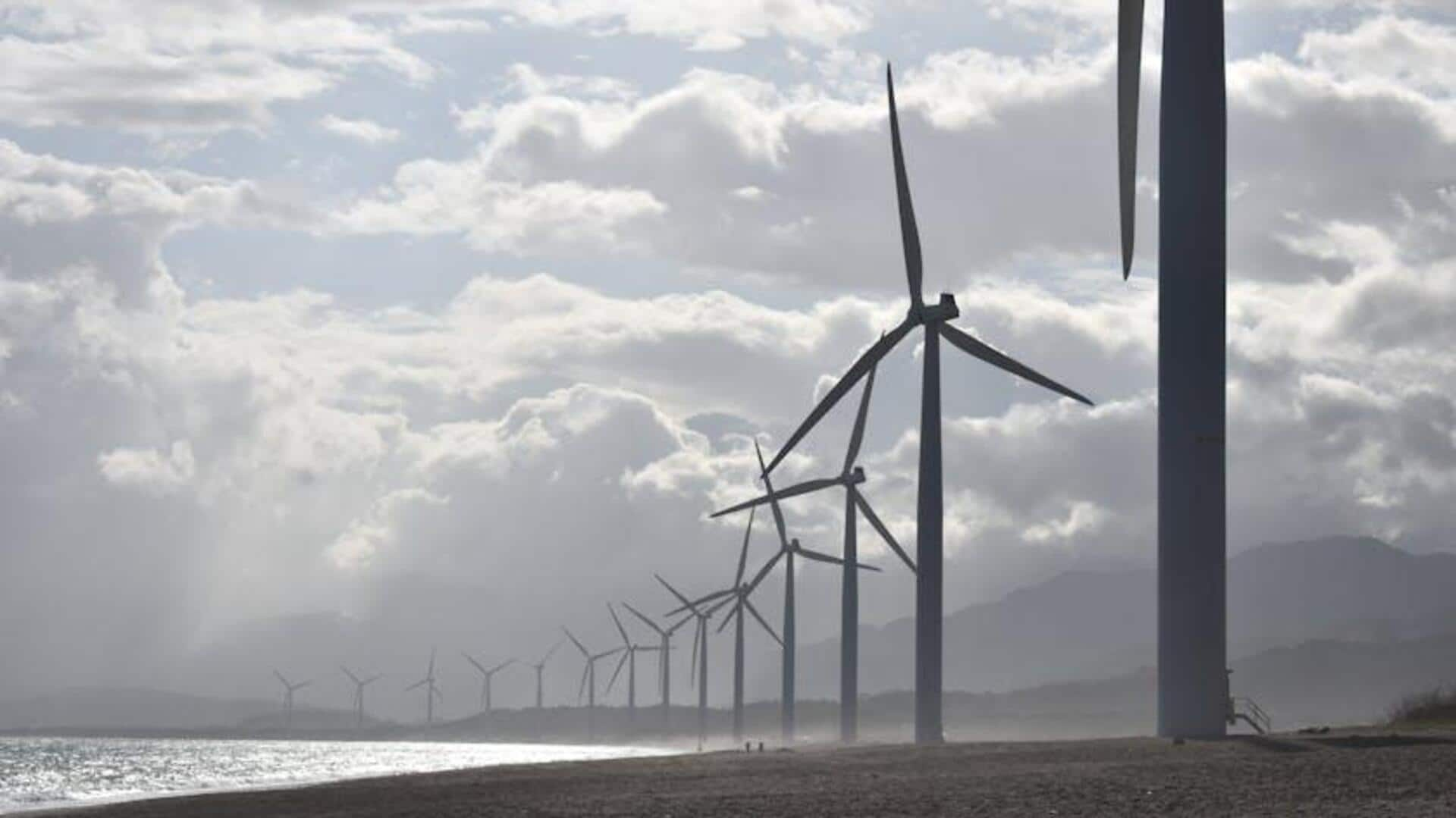
How solar windmills are powering Africa's future
What's the story
Africa is a powerhouse of innovation, especially when it comes to sustainable energy solutions. Among them, solar-powered traditional windmills are a shining example of local communities' ingenuity. These windmills aren't just eco-friendly sources of energy, they're also key players in agriculture and water extraction. Hence, they are crucial for rural development.
Innovation
The rise of renewable energy
Africa is going green, and they're doing it in style. Solar-powered windmills are the latest craze sweeping the continent. They're cheap, they're green, and they're way cooler than burning dinosaur bones (aka fossil fuels). The solar panels juice up the system that spins the windmill, making it a double whammy of eco-friendliness.
Empowerment
Impact on local communities
Solar-powered windmills are changing lives! By pumping clean water for drinking and irrigation, they're turning once-barren landscapes green. These game-changers mean communities can grow crops year-round, practically eliminating hunger. Plus, farmers can now sell extra veggies for cash, opening up a whole new world of opportunity. This isn't just about today, though. By creating sustainable livelihoods, they're ensuring a brighter, greener future for everyone.
Learning
Educational opportunities
The installation and maintenance of solar-powered windmills offer valuable educational opportunities for local communities. Many projects incorporate training programs where residents gain hands-on experience with renewable energy technologies. This education equips them with the skills needed for continued innovation and job creation within their regions. These initiatives are crucial in establishing a self-sustaining cycle of development and environmental stewardship, representing a significant advancement in both economic and ecological growth.
Adaptation
Challenges and solutions
While solar-powered windmills offer benefits, challenges such as high upfront costs and limited technical knowledge in remote areas hinder their adoption. To tackle these issues, NGOs and government initiatives are stepping in, offering financial assistance and crucial hands-on training. These programs focus on empowering communities with the necessary skills for installation and maintenance, fostering long-term ownership and sustainability.
Sustainability
Future prospects
Going forward, the future for solar-powered traditional windmills in Africa is bright. As technology continues to evolve and become more affordable, more and more communities are expected to adopt this sustainable solution. This not only helps fight climate change but also contributes to economic development in some of the continent's most disadvantaged areas.